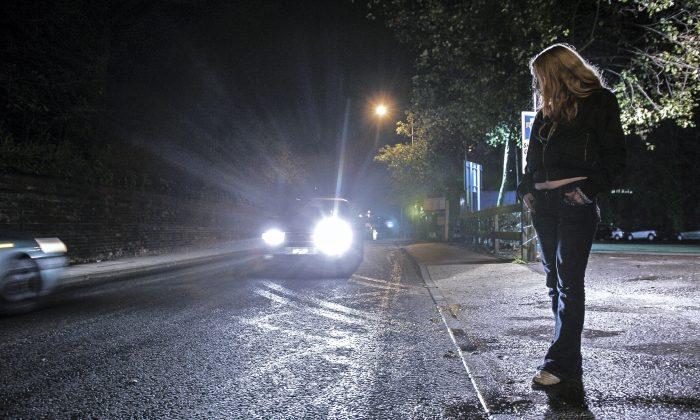Browsing through classified ads websites, it’s not hard to find plenty of leads for human trafficking investigations—shady offers of “entertainment” or outright prostitution abound.
Why then, did the Justice Department open fewer than 250 human trafficking prosecutions last year and secure fewer than 450 convictions?





